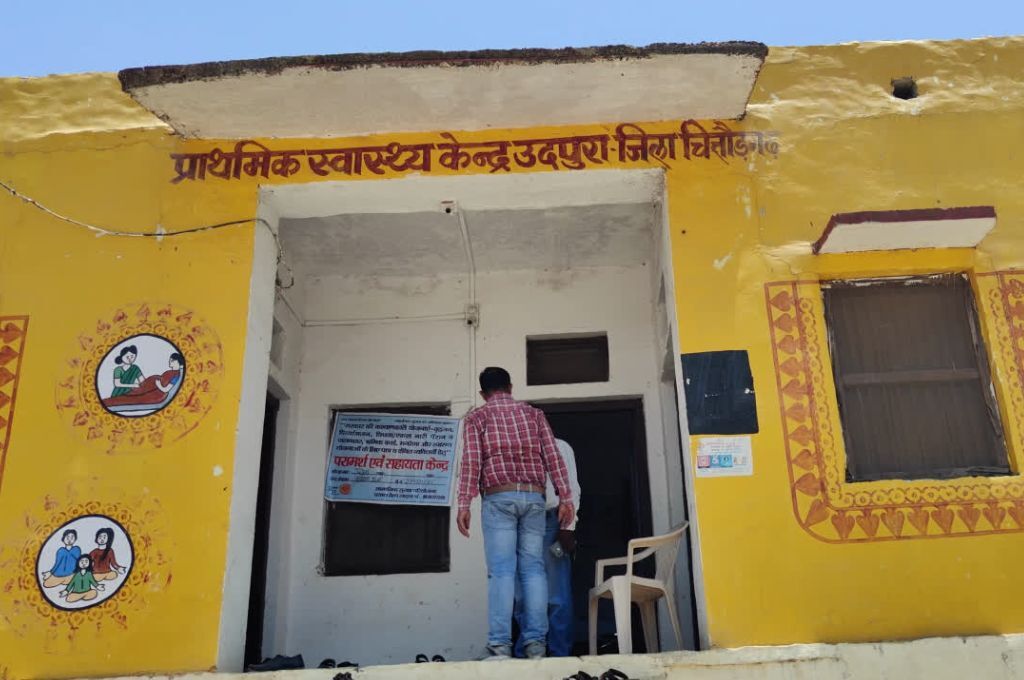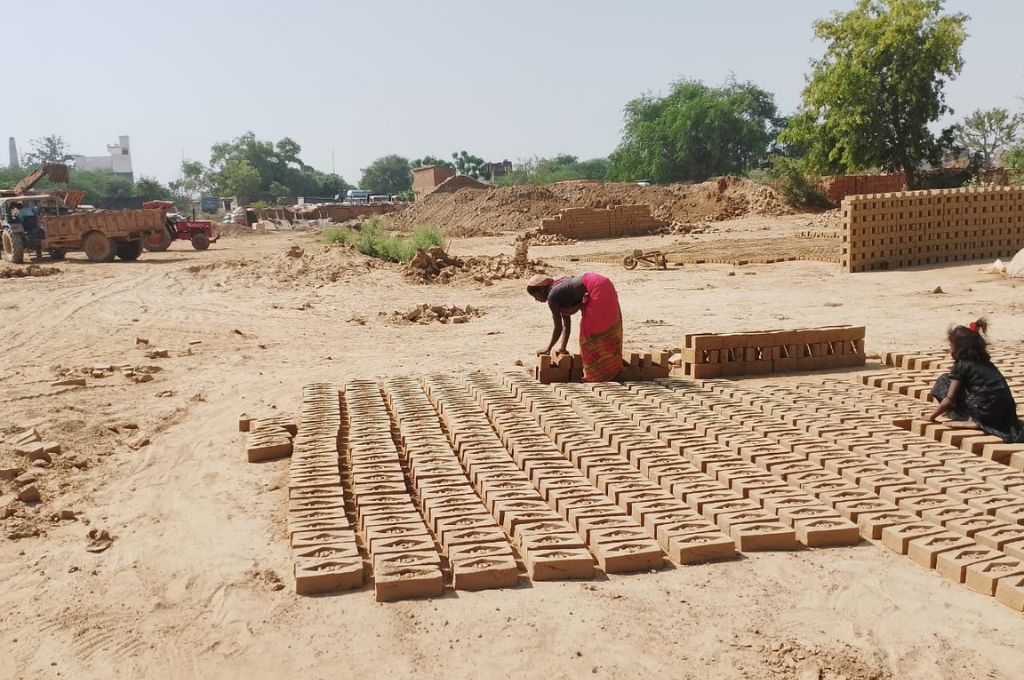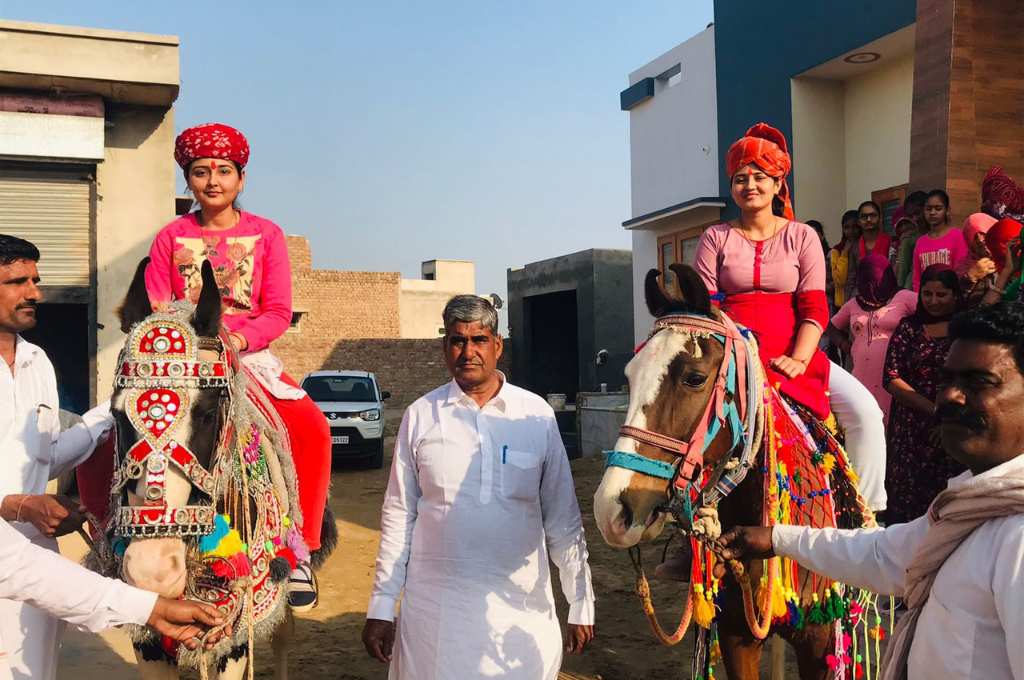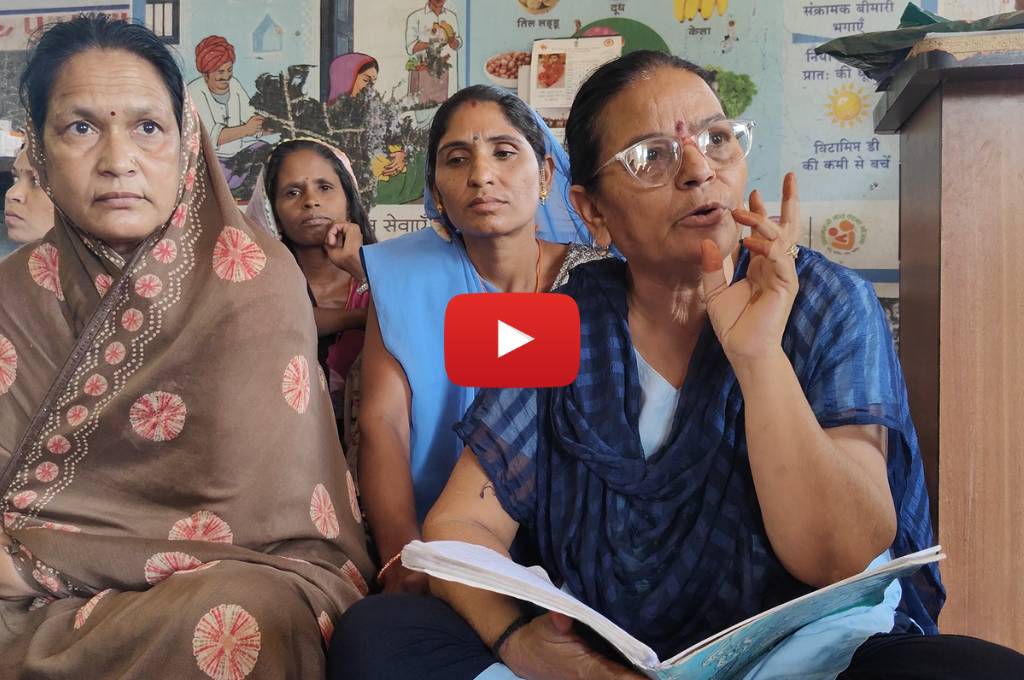Matching words to actions: Men’s role in promoting gender equality
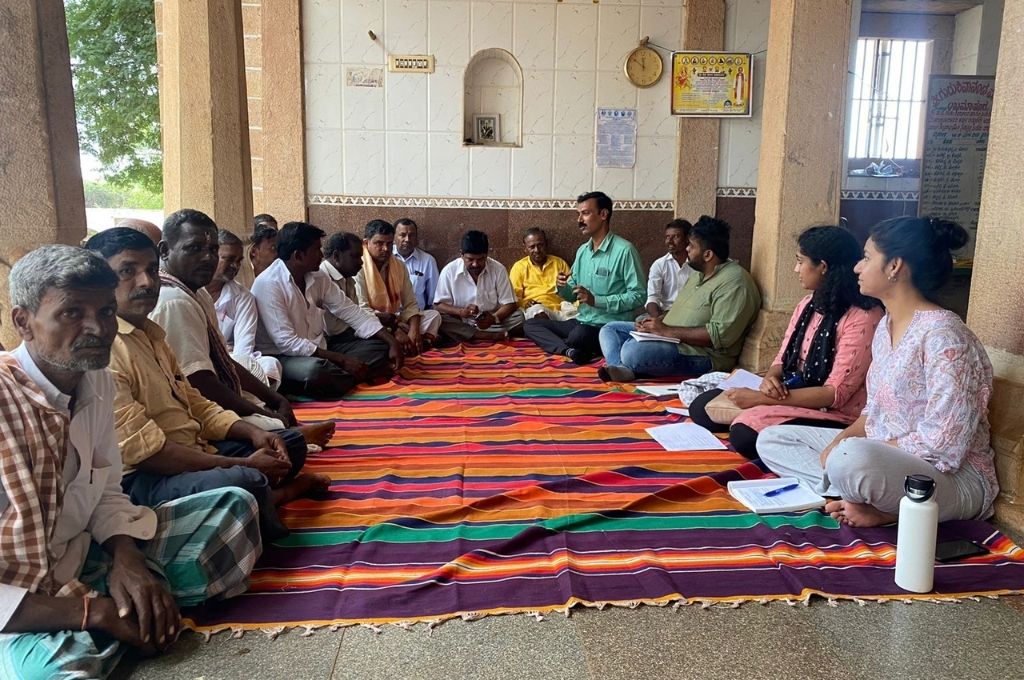
The shrill ringing of the cell phone in his pocket excited the sarpanch—it was a call from his wife; he informed her he would be late for lunch because he was leading an important meeting that concerned her future.
This was the sarpanch of a village panchayat in the Bagalkote district of northern Karnataka. That day he was leading an all-male panchayat meeting, of which we were an anomalous part. We had come to understand whether or not more women would choose to work if work came to them, in the form of home-based employment, and the sarpanch was seeking consent on our behalf to interview the women of the village. The panchayat was enthusiastic, hopeful, and excited. They didn’t see why women wouldn’t want to work.
And their optimism was matched, if not surpassed, by the accounts of the women we interviewed. On average, women wanted to work, and, if provided the opportunity, they wouldn’t shy away from taking it up, they said.
However, our interviews revealed a gap in the men’s understanding of the role they played in making this shared dream a reality. While the men were not necessarily stopping the women from taking up opportunities, they weren’t doing anything to help them either. They encouraged the women to interview and speak freely, while also expecting them to be good hosts and serve us snacks before and during the interview, and resume household responsibilities right after. The men we spoke to on that trip were encouraging, but they seemed to be oblivious to the part they played in supporting or hindering women’s employment. They were unaware that for the women in their families to explore their interests, take up paid work, or become entrepreneurs, the men would have to actively contribute to sharing the burden in the household, in family farms, and in business—not just in thoughts but also in actions.
Leading a meeting to give consent or asking women to find more time and work is easy, but supporting them to travel for work, if they want to, requires boldness; sharing household responsibilities with them so they can have free time requires effort.
Intentions matter but not all by themselves—they matter only to the extent that they influence consequences. I wonder if such good intentions can be of any consolation to their partners if the men are not willing to bear some supposed discomfort in their stride?
Mansi Kabra is a senior manager (marketing and transformation) at Good Business Lab.
—
Know more: Read why men must be taught to question their idea of masculinity.
Do more: Connect with Mansi Kabra at [email protected] to learn more about and support their work.
